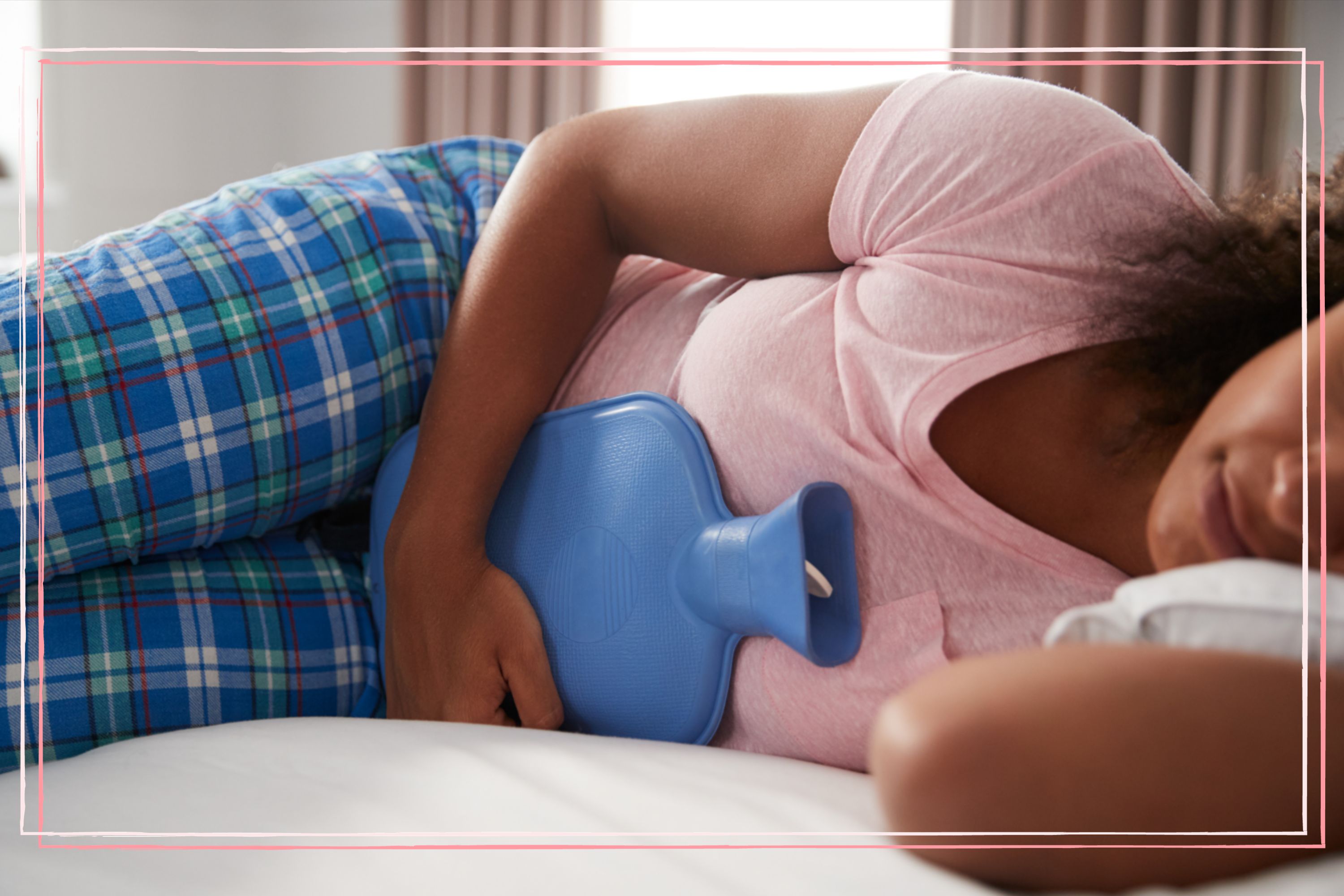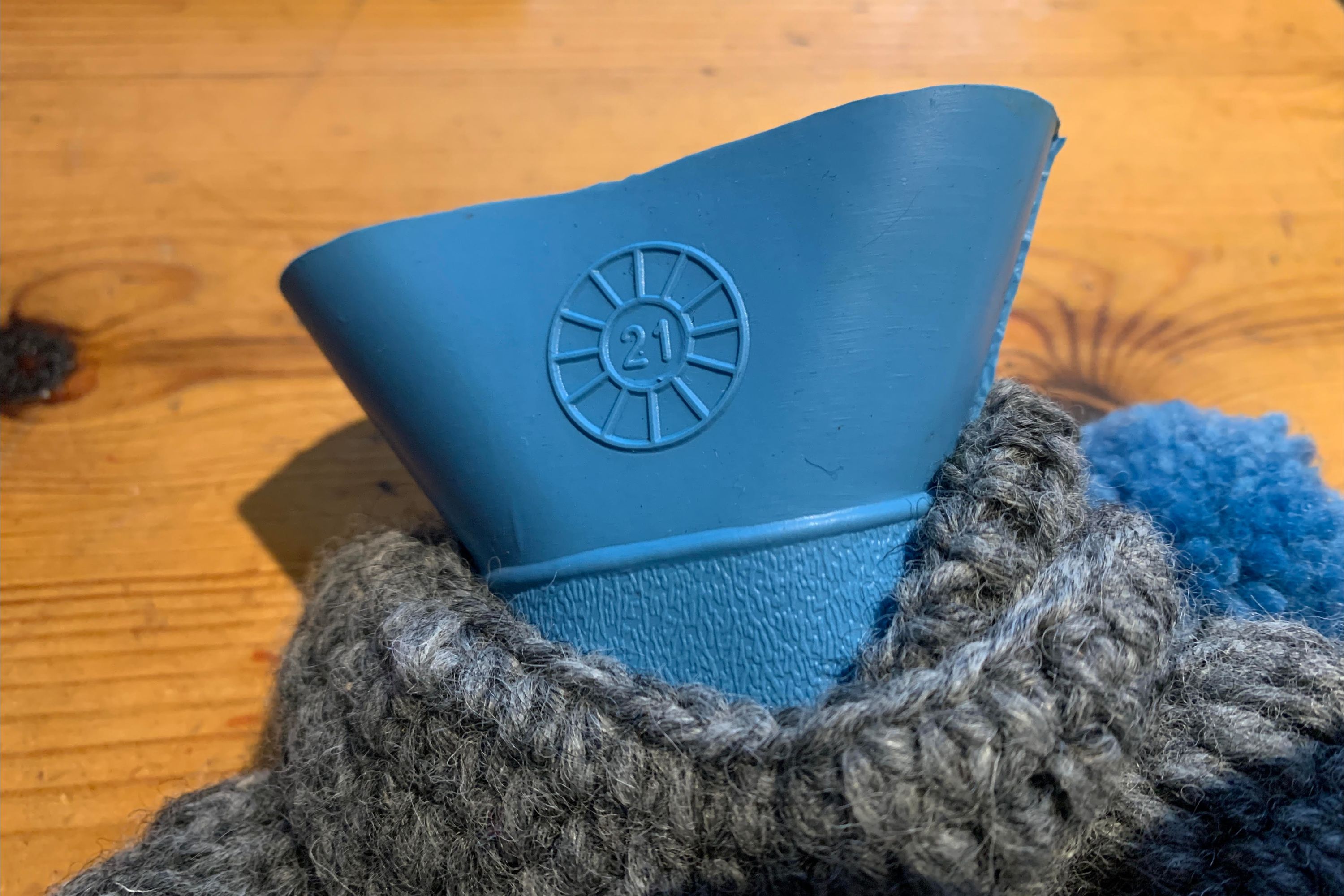Horrifying picture shows the real danger of expired hot water bottles - is yours out of date?
How to check if your hot water bottle has expired and when you should replace it


Here's how to check when your hot water bottle was made, after the Katie Piper Foundation issued a stark safety warning to families.
The colder weather is well and truly here, and those who have been researching whether to use an electric blanket vs hot water bottle will know that the latter is one of the cheap ways to keep warm - and they make a lovely cosy gift during the festive period too.
But hot water bottles aren't without their risks. If you're someone who sends the kids to bed with one of these handy warmers so you don't have to leave the heating on all night, then you'll want to pay attention to a recent warning from The Kate Piper Foundation.
The charity was founded by Katie Piper herself in 2009, following her experience as a burn victim. It is the only charity in the UK dedicated to burns rehabilitation and restoration services, and supports adult survivors of burns with both their physical and mental health.
Recently, the Foundation shared guidance on its Instagram page about using hot water bottles and the risks involved, warning followers that they should check to see if their water bottle has expired. It explained that you can find out when your hot water bottle was made by checking the 'flower wheel' on the funnel, and that hot water bottles should be replaced every two years.
A post shared by The Katie Piper Foundation
A photo posted by kpfoundation on
The post said, "Every hot water bottle sold in the UK should have a 'flower wheel' on the funnel somewhere, which shows the date it was made...
"The number in the centre of the wheel shows you what year it was made. For example, if it says 18, it was made in 2018.
GoodtoKnow Newsletter
Parenting advice, hot topics, best buys and family finance tips delivered straight to your inbox.
"There are also 12 segments around the centre of the wheel. Usually, the number of these segments that have dots in show you what month it was made. So, if there are dots in six sections, the bottle was made in June."
Knowing when your hot water bottles was made is important, so you can determine when it is time to buy a new one. Over two years, the rubber will deteriorate and could become cracked and worn, making it more likely to leak out the scalding water.

The warning comes after The Katie Piper Foundation shared a story from the Instagram user lorbeexx, who was hospitalised after her hot water bottle burst on her.
They said, "With the colder weather now upon us I urge you to please check the dates on your hot water bottles! I didn’t keep an eye on mine and unfortunately ended up In Chelmsford Hospital Intensive Care and Burns Unit for a month due to mine bursting on me. I will not fully recover for up to two years and possibly live with scars to my stomach and thighs for the rest of my life. I would hate for this to happen to anyone else. CHECK YOUR DATES!"
A post shared by The Katie Piper Foundation
A photo posted by kpfoundation on
The Katie Piper Foundation shared four crucial hot water bottle use tips to prevent others from sustaining injuries:
- Don't use if cracked, worn or leaking. Ensure the hot water bottle is in good condition before use.
- NEVER fill with boiling water. Using boiling water can cause damage and lead to the bottle bursting.
- Don't use the microwave or oven to heat your hot water bottle.
- Don't fill the hot water bottle more than two-thirds full, unless it is designed to be fully filled.
If you've been using a hot water bottle to keep warm this winter, you might want to check out out money-saving heating tips too. We've uncovered the cheapest way to heat a room and five cheap heating myths that will actually cost you money. Here's how many hours a day your heating should be on too.

Ellie is GoodtoKnow’s Family News Editor and covers all the latest trends in the parenting world - from relationship advice and baby names to wellbeing and self-care ideas for busy mums. Ellie is also an NCTJ-qualified journalist and has a distinction in MA Magazine Journalism from Nottingham Trent University and a first-class degree in Journalism from Cardiff University. Previously, Ellie has worked with BBC Good Food, The Big Issue, and the Nottingham Post, as well as freelancing as an arts and entertainment writer alongside her studies. When she’s not got her nose in a book, you’ll probably find Ellie jogging around her local park, indulging in an insta-worthy restaurant, or watching Netflix’s newest true crime documentary.